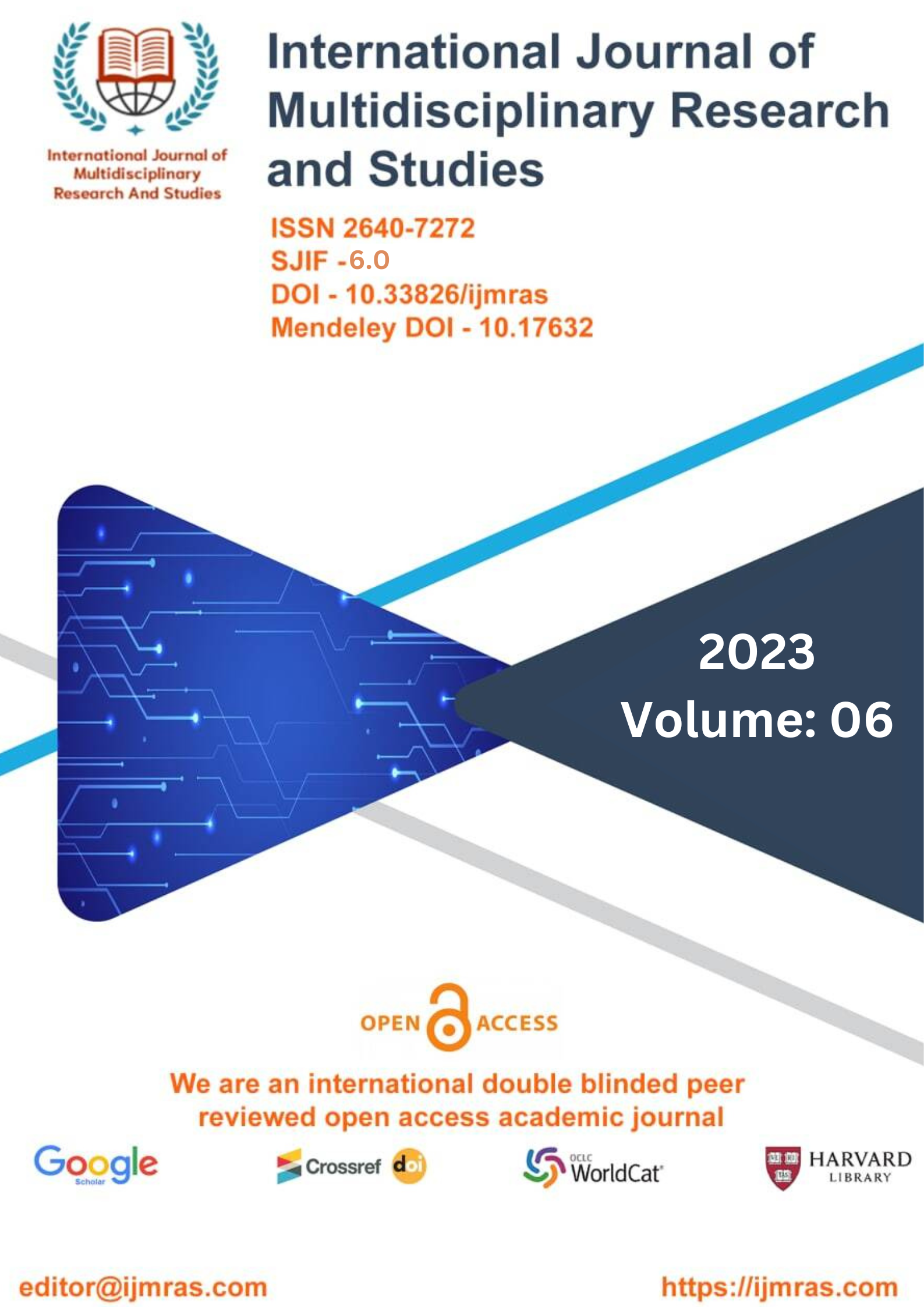


The purpose of this research was to determine if Parkinson's disease (PD) and depression are separate risk factors for dementia or whether they work together to increase that risk. Methods. Patients with a recent diagnosis of Parkinson's disease, as well as control participants, were drawn from the database of the Taiwan National Health Insurance Research Center between January 2001 and December 2008. This cohort was split into three groups: controls with or without depression, people with Parkinson's disease alone, and those with Parkinson's disease plus depression. For each group, the incidence rate of dementia as well as the hazard ratio (HR) were determined with the use of Cox's regression analysis. Results. When compared with controls who did not have depression the adjusted HR for dementia was 3.29 in the group that just had Parkinson's disease, 2.77 in the group that only had Parkinson's disease with depression, and 1.55 in the group that only had depression. The incidence rate of dementia was found to be 29.2 in the group that just had PD, whereas the incidence rate was 13.2 in the group that also had depression. In the group of people suffering from depression, the impact of PD on dementia caused an HR of 0.97. Alzheimer's disease was one of the risks associated with Parkinson's disease. Depression, on the other hand, did not operate as a risk factor for dementia in individuals with Parkinson's disease (PD), despite the fact that it did serve as a risk factor for dementia. The purpose of this research is to examine the function of Human Resource Management (HRM) during a moment of crisis, with a particular emphasis on the contribution of teleworking and telecommuting as a new working reality. The significance of technological advancement in relation to the use of human resources.

This work is licensed under a Creative Commons Attribution 4.0 International License.
You may also start an advanced similarity search for this article.